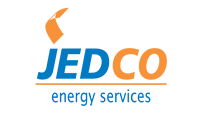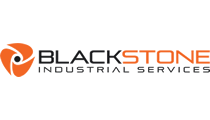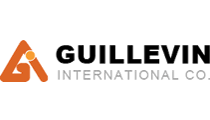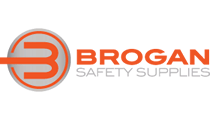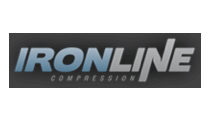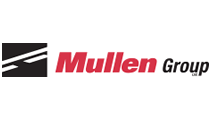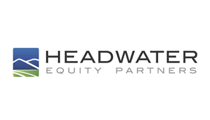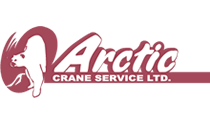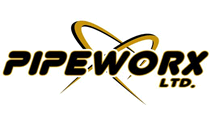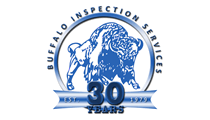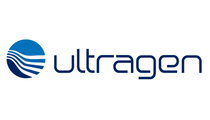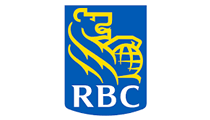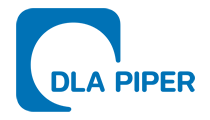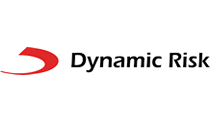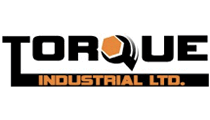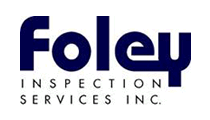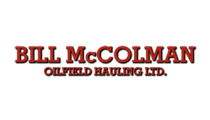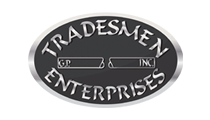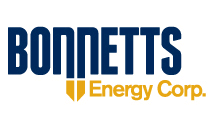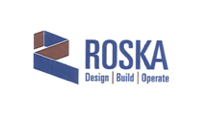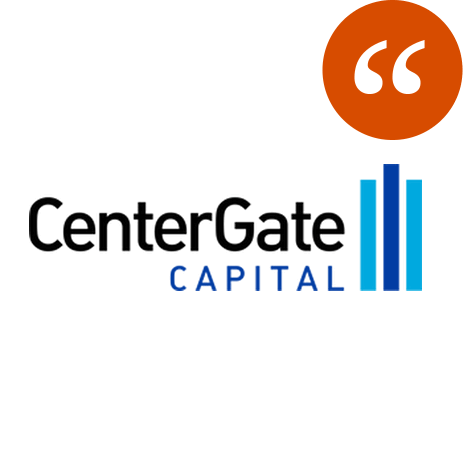We get asked this question a lot. Actually we are usually asked, “What kind of multiple is my business worth?”, but we will come back to that later. There are a number of different elements to take into consideration when determining the value of a business and a number of different methodologies to use.
First and foremost, it is important to understand what the seller is seeking in a transaction. If the seller wants to retain an interest in the business or benefit from future growth, then this is a risk-sharing approach which tends to generate a higher valuation.
Conversely, if a seller is interested in retiring from the business immediately and transition has not been adequately addressed, then the buyer is assuming more of the risk which generally leads to a lower valuation.
Clearly, the seller’s tolerance for risk will depend on their stage in life, their health, and plans after closing a deal. As such, the perfect deal for one seller may differ significantly from another.
With the seller’s transaction objectives in mind, the three main elements required to determine value are:
- Sustainable cash flow from the business,
- Investor / buyer rate of return expectations, and
- The company’s balance sheet (or assets).
Cash Flow
As the old adage goes, “cash is king”. Buyers focus on understanding historical and sustainable future cash flows from the business.
Significant emphasis will be placed on understanding your business plan, growth potential, capital requirements, staffing levels, facility requirements, scalability, industry cycles and anything else that could have an impact on the sustainable cash flows and profits generated from the business.
Recurring revenues stemming from factors such as customer loyalty, long-term contracts, and barriers to entry for competitors are manifested as stable profits and cash flows year-over-year.
Buyers spend a lot of time understanding the risks that can upset the forecasted financials so they can hone in on what they feel is a reasonable estimate of sustainable cash flow.
Rate of Return Expectations
Each buyer will have their own internal Rate of Return expectations that will need to be achieved in order for them to proceed with a transaction. This is typically a binary decision; based upon the projections for sustainable cash flows from your business, and how much risk the business endures year-over-year.
So based on the risk profile for your business and your business forecast, the calculated rate-of-return will either meet the buyer’s expectations—or it won’t.
There is a threshold that needs to be met for a certain level of risk. In other words, the higher the risk associated with the estimated future cash flows, the higher the rate-of-return required by the purchaser.
Balance Sheet
The third component of a company’s value is the balance sheet, which is required to operate the business as a “going concern”.
This includes the amount of working capital and capital assets required in order for the business to continue generating sustainable free cash flow. In other words, this is the permanent investment that is required to operate the business after a transaction closes.
If a minimum cash balance and accounts receivables have historically been required to keep the business operating, then these same amounts are likely going to be required post-close.
These items are negotiated terms in any transaction and have a tangible impact on how your company is valued.
What about EBITDA and EBITDA Multiples?
So, if the three aforementioned elements are the cornerstones of a business’ underlying value, why does everyone refer to EBITDA and “multiples” when discussing valuations or past transactions?
EBITDA
EBITDA is a simple term that generates a lot of confusion. Simply stated, EBITDA (is an acronym for Earnings Before Interest Taxes Depreciation and Amortization but the reason it) is commonly utilized is as an estimate of Cash Flow.
While it is quick and easy to use EBITDA to compare the financial performance of similar businesses, using EBITDA alone, as a proxy for cash flow has its limitations including, that there is no allowance for ongoing capital expenditures (which negatively impact cash flow).
So why is it so commonly used? It helps speed up the initial process of valuing a business, and relaying information in simple terms to partners, lenders, and shareholders.
It allows the buyer to understand EBITDA trends (up or down), EBITDA margin stability, and whether capex is spent in a prudent manner.
However, during due diligence, most buyers will consider the items excluded in calculating EBITDA in order to get a better understanding of cash flows prior to closing.
EBITDA Multiples
This is a fairly complex topic and if you prefer the technical details, we can talk about that. However, to answer the question we will focus on the context of how most sellers ask the question, “What kind of multiple is my business worth?”
The answer to this question depends on how EBITDA is positioned; is it a trailing 12-month EBITDA, weighted average, or is it forecasted EBITDA that is being used.
It is also important to understand whether normalizing adjustments have been made to EBITDA to add-back any one-time, out of the ordinary expenses incurred by the business.
You have probably gathered by this point, that EBITDA and “multiples” are not definitive terms. As such, your advisor will always seek to clarify the definition of EBITDA used by a Buyer in an offer, especially as it relates to performance targets for earn-outs.
Click here to hide


